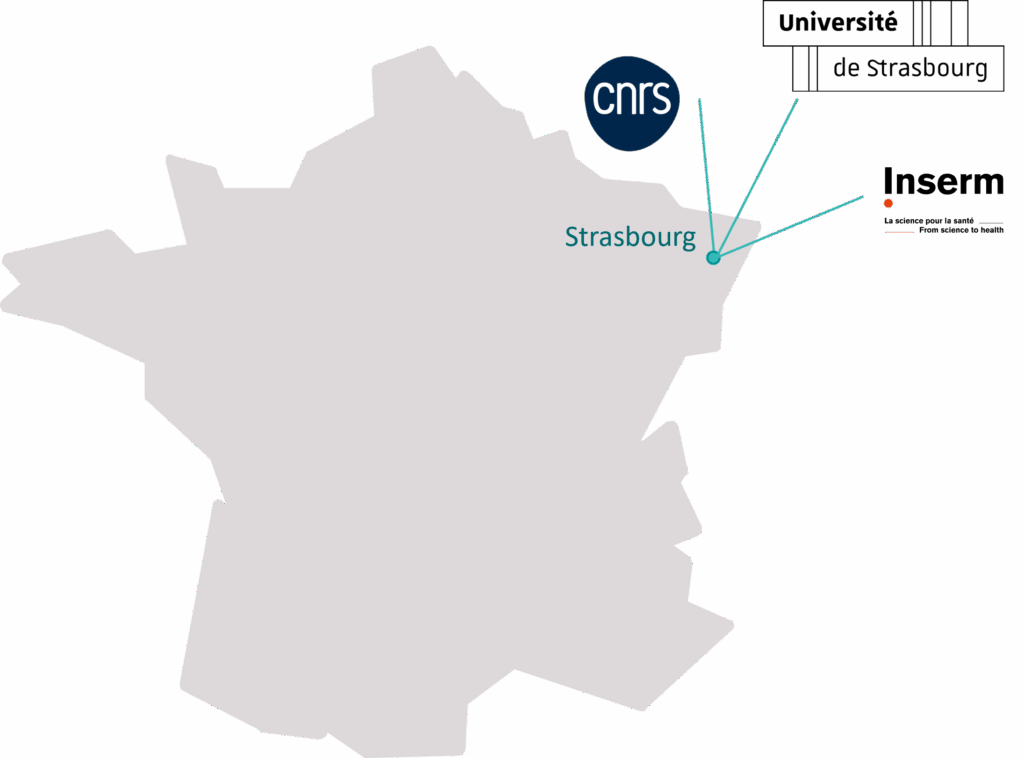
PEPtide Storage of Information using Spin COrrelation
Overview
Optimize the information storage capacity and decoding efficiency through bio-inspired approaches.
Bruno KIEFFER, professor
The project proposes to develop a bio-inspired approach to information storage based on the use of natural and modified amino acids to form peptide segments. The density of the information will be optimized by adopting an extended alphabet that includes non-canonical amino acids. The assembly of distinct segments using peptide ligation methods will enable high information densities to be achieved.
A second axis of innovation involves developing fast and robust methods for reading the information stored on these polymers using Nuclear Magnetic Resonance (NMR). These methods will exploit the highly favorable spectroscopic properties of the fluorine atom, as well as experiments that allow correlations to be established between neighboring atoms in the peptide sequence. The use of NMR for reading information offers numerous possibilities to enhance reliability and reading speed.
Keywords :Fluorine NMR, native chemical ligation, molecular encoding, combinatorial synthesis, multidimensional spectroscopy, DOSY
Missions
Our researches
Improve information density
By using an expanded alphabet of amino acids (both natural and non-canonical) along with efficient peptide ligation techniques, it is possible to push the current limits of information density stored in a bio-inspired polymer.
Leverage the NMR properties of fluorine for information decoding
The fluorine atom has unique spectroscopic properties (sensitivity and spectral dispersion) that can be harnessed to develop reliable and fast information reading methods.
Automate spectral analysis for faster information reading
Utilizing the latest algorithmic advancements in signal processing, such as machine learning methods, allows for the automation of the information decoding step stored in the polypeptide.
Consortium
L’Institut de Génétique et de Biologie Moléculaire et Cellulaire et l’Ecole Supérieure de Biotechnologies de Strasbourg
Develop the use of modified peptides for molecular information storage
Leverage the advantages of NMR for rapid and reliable reading of information encoded in modified peptides
Apply advanced signal processing technologies for the reading of molecular information
A community of 7 permanent researchers, research professors, plus 2 PhD students, 1 post-docs, 1 contract research engineers.
Institut de génétique et de biologie moléculaire et cellulaire (IGBMC – CNRS, Inserm, Université de Strasbourg)
Biosystem chemistry lab (ESBS, CNRS, Université de Strasbourg)

Plus de projets


